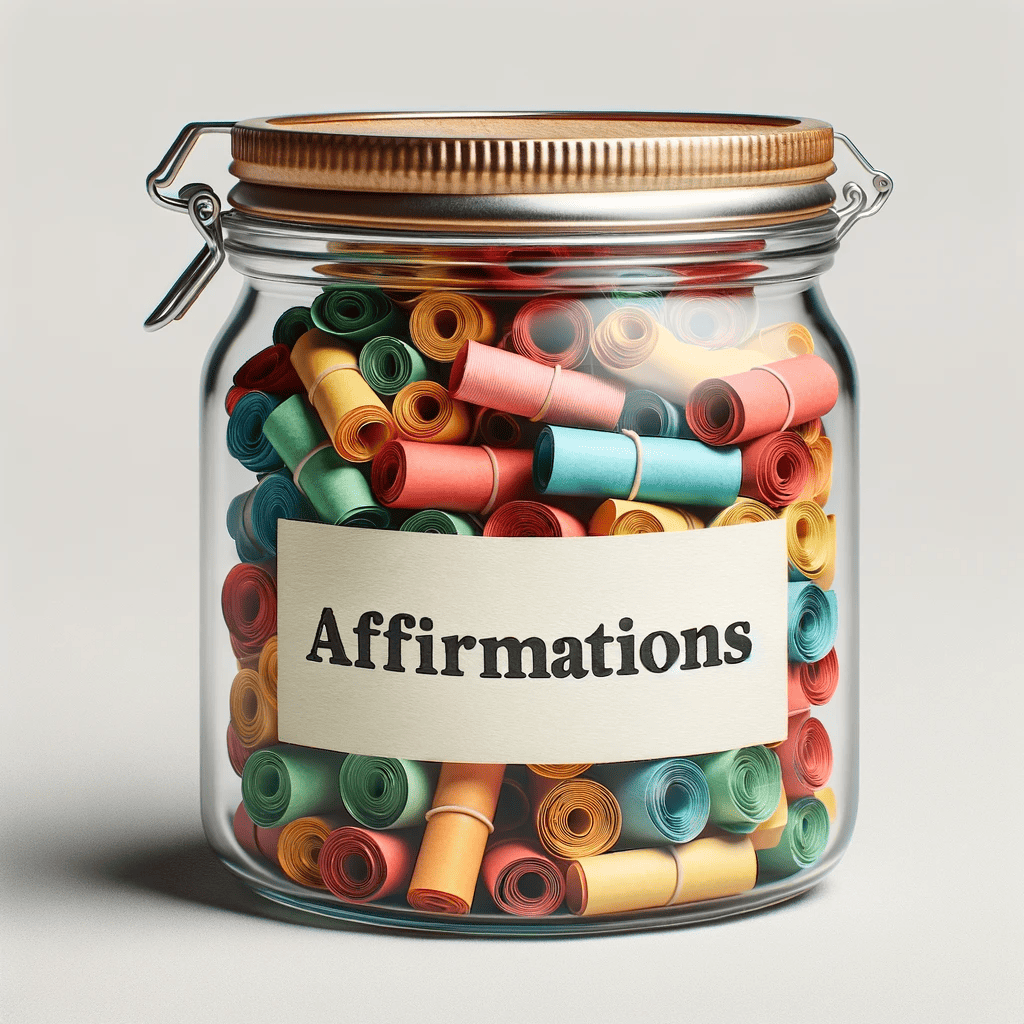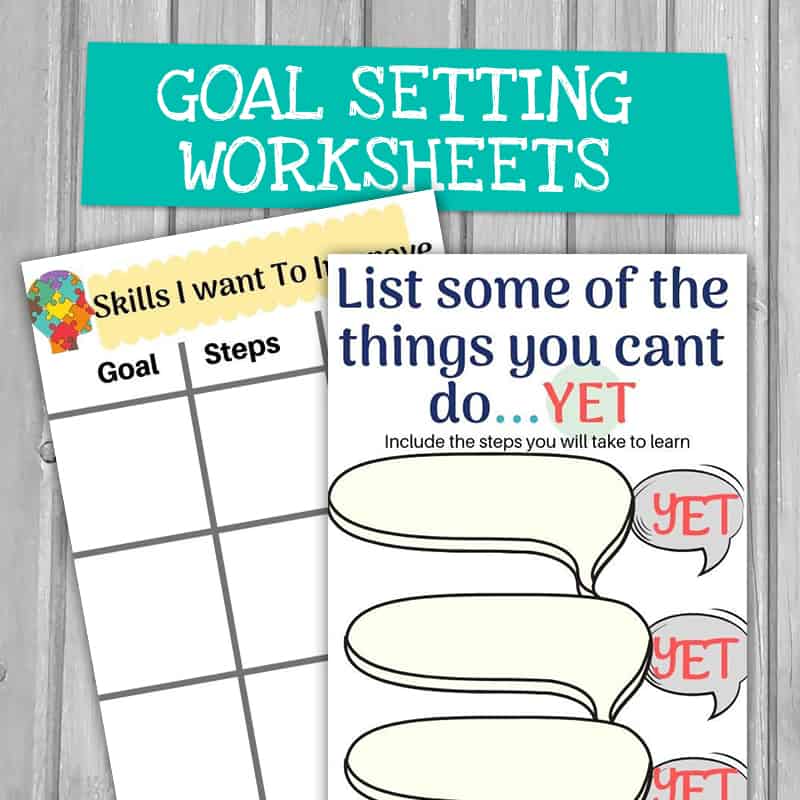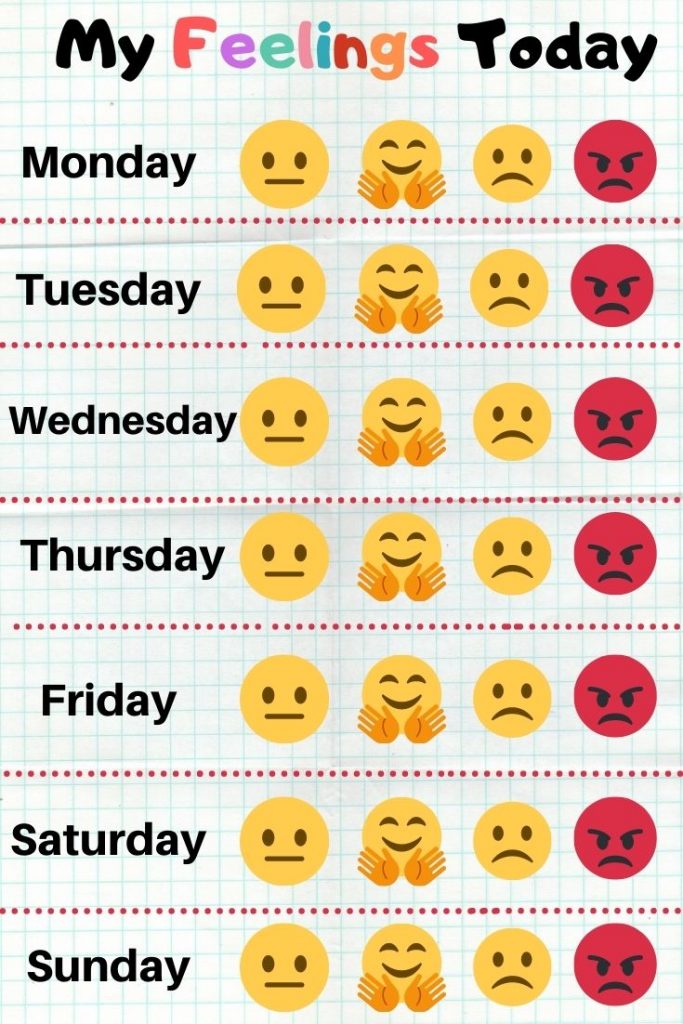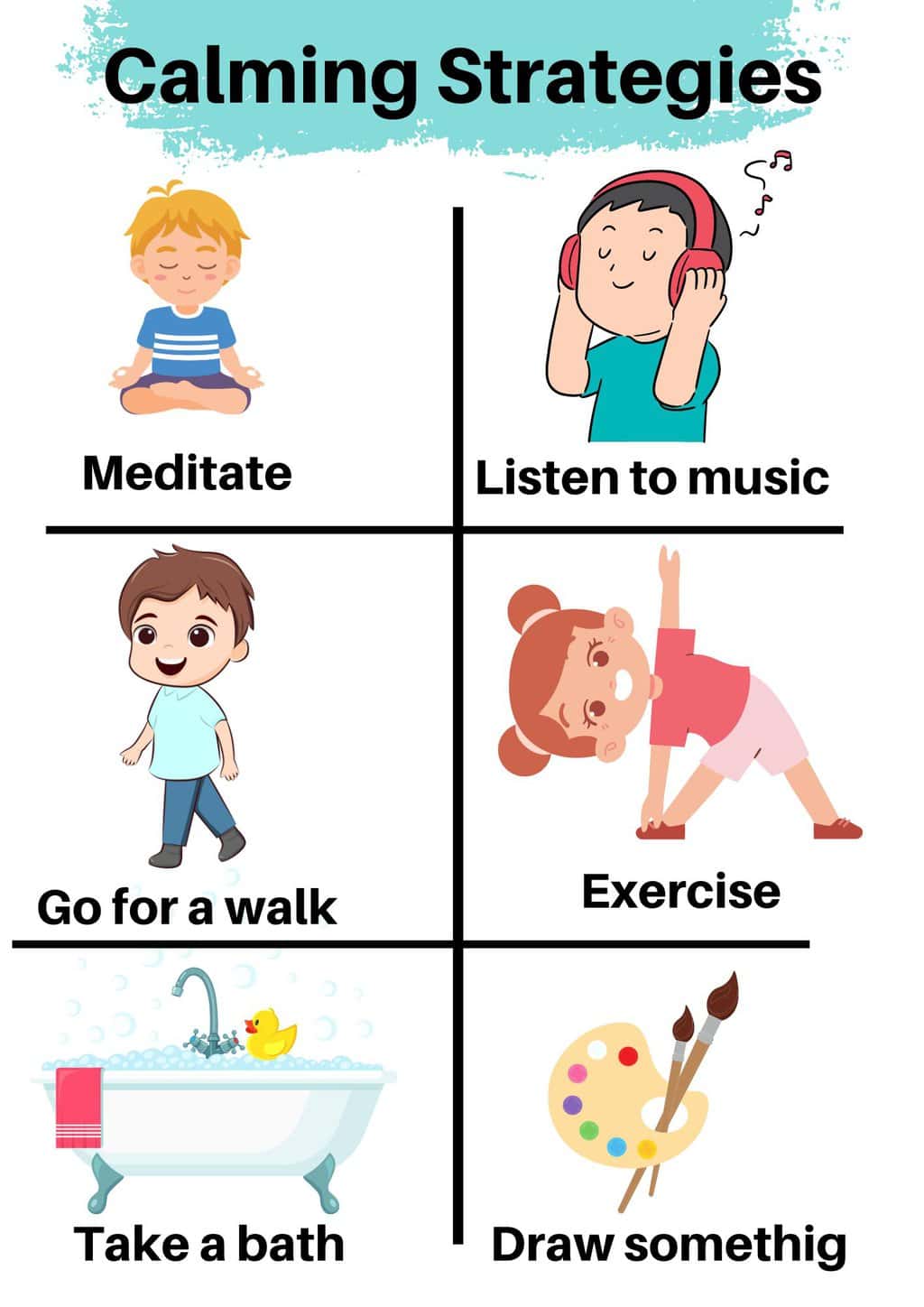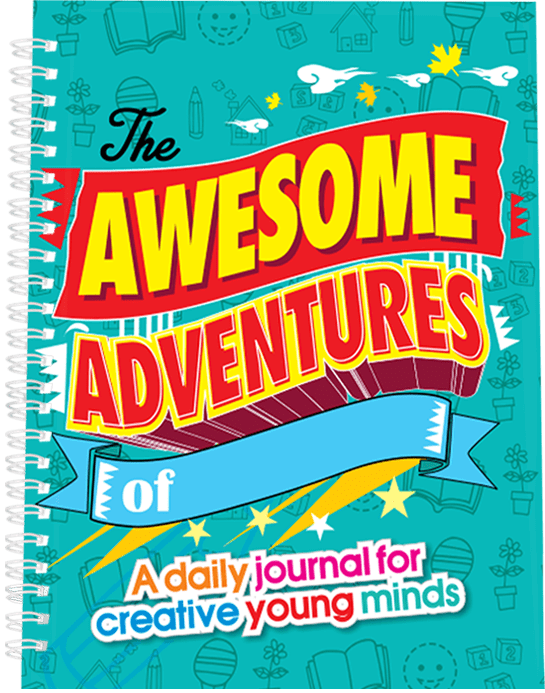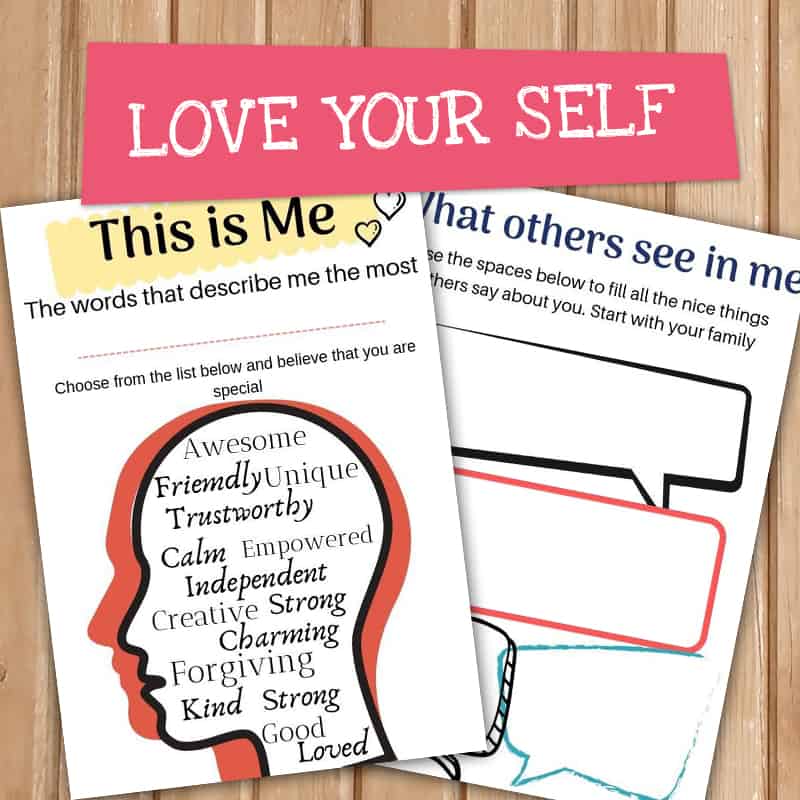- Understanding SEL: Social Emotional Learning (SEL) focuses on developing the skills necessary for managing emotions, setting goals, empathizing with others, establishing positive relationships, and making responsible decisions.
- Best SEL Activities:
- For young children, simple games like Emotion Matching and Positive Affirmations Jars help recognize feelings and foster self-esteem.
- Middle and high school students benefit from Goal Setting Workshops and Peer Mentoring to enhance critical thinking, empathy, and social awareness.
- Teachers can engage in SEL Book Clubs and Professional Development Workshops to improve their own SEL skills and classroom strategies.
Social Emotional Learning (SEL) is all about developing the skills we need to handle our emotions, connect with others, and navigate social situations. It’s not just for kids; everyone can benefit from honing these abilities. Here are some social emotional skills for kids and also adults.
Fun Social Emotional Learning Activities for Preschoolers & Toddlers
- Emotion Matching Game: Use picture cards showing different facial expressions. Kids match emotions with corresponding pictures, enhancing their ability to recognize and name feelings.
2. Story Time with Feelings: Read picture books that focus on emotions, stopping to ask how characters might feel, promoting empathy and social awareness.
3. Feelings Charades: Act out different emotions with body language and facial expressions, helping toddlers identify and express feelings in a healthy way.
4. Positive Affirmations Jar:
Appreciate your child and use positive affirmations with them on a daily basis.
Let them know that you appreciate the effort they are making in trying to deal with their anxiety.
Take some time during the day to look into your child and let them know that they are loved. For instance, before bedtime, you can say “I love you and you are amazing”.
You should also recognise your child’s unique strength and whenever possible point that out to your child. For instance, if they are good in drawing you can tell them “You draw like Picasso, am sure you can be a great artist if you keep practicing.”
Create a jar filled with positive affirmations on paper plates. Each day, have each child draw one to foster positive self-talk and a growth mindset.
Related : 101 positive affirmations to say to your child
5. Calm-Down Corner: Set up a safe space with pillows, stuffed animals, and books where kids can go to feel calm, teaching them self-regulation and emotional control.
Social Emotional Learning Activities for Middle School
1. Morning Meeting: Start the day with a quick check-in, allowing students to share feelings or what they’re looking forward to, building a sense of community and social skills.
2. Goal Setting Workshops: Teach students to set realistic goals, breaking them down into actionable steps, which is a great way to foster a growth mindset and time management skills.
3.Emotions Check-In Board: Have a bulletin board where students can anonymously post how they’re feeling, promoting emotional intelligence and a supportive environment.
4. Role-Playing Scenarios: Use role-play to navigate social situations or conflict resolution, enhancing problem-solving skills and understanding different perspectives.
5. Nearpod’s 21st Century Readiness Program: Utilize Nearpod’s interactive features to teach SEL skills in a tech-savvy way, perfect for engaging middle school students.
Part of building strong mental health is to have a sense of purpose. The best way to give this to a child is to make them feel part of something more important than themselves.
Encourage them to be part of a volunteering group of local community work where they can share their skills and talent.
You can get them to brainstorm different ideas on how they can contribute. Here are some examples:
- Delivering food to the needy
- Volunteering in shelter homes
- Cleaning the local neighborhood
- Cooking a meal for a homeless person
Kindness can take your child a long way in life. It helps them develop a sense of empathy.
It is also nice to remind them of the kindness they have done.
For example, you can use the growth mindset kit printables below and get them to write down all the kind things they have done recently.
Writing it down will also motivate them to want to do more as they would like to see the pages in their book filled up with all the kind things they shared with others.
Use the activity sheet below to encourage children to spread kindness children
7. Express feelings
An important part of social emotional learning is to being able to seek help when needed.
Sometimes children may not know how to express what they are feeling. They can go into a silent mode
Help them stay calm and think through things. Also, allow them to channel their emotions to you. Let them know that you will always be available to listen to them.
Do not criticise your child over what they are feeling. Whether it’s positive or negative let them express it healthily to you.
If you ever find them feeling sad or upset then have a list of things you can do to help them feel better. Below are a few examples you can print and use as a reminder from the growth mindset kit.
Journaling is another way to get kids to express their feelings. Use the journal kit made for kids which will help them doodle their feelings using prompts.
If your child is going through some anxiety then get them to write down what is worrying them. You can use the practice sheet below.
Related: Children anxiety guide.
Download the Daily Feelings chart below
8. Finding a purpose
Social emotional learning involves critical thinking and getting children to learn about priorities in life.
According to research usually, by the age of 7 kids understand the concept of goal setting since they start to think critically at that age.
The ability for kids to reach for the stars and do their best does not come out of the blue. It is a concept that is taught to them from a young age.
Kids who have goals- whether it’s academic, sporting, personal ones, or other activities- tend to do better and feel happier than those with no plans.
Goal setting activities will help your kids develop the ability to deal with setbacks which they may face during different certain stages of their life.
Goal setting also help children find their purpose which is important in building self-confidence.
It is important for a child to feel like they are special and what they do matters to others.
You can use the activity sheet below to help children get started with goal setting.
Children should be thought the skill of dealing with setbacks or failures. It is an important social emotional learning skill that they can learn from each setback and use it to improve themselves.
There is nothing as motivating as stories of “from grass to grace,” particularly from famous people.
Our history is full of such examples. Discovering who these people are and how they overcame challenges to succeed can be inspiring stories for young kids.
When your child identifies with someone they respect, they will be more willing to work hard to overcome their own challenges.
Read about the famous failure stories in the growth mindset kit. Make this as part of your child’s weekly reading.
Don’t forget to check out the famous failure stories.
10. Meditate
In this crazy high-tech world, children can get over-stimulated.
Never-ending classes, schedules, and activities keep them on their toes. On top of that devices and gadgets are handed to them to keep them occupied.
They seem to have less time to feel bored or do nothing. When they are in school they are then expected to focus and perform well.
With all that information loaded on our kids, we need to give them the tool to be able to stay calm and cope with everything.
Social emotional learning involves being able to be focused, stay calm, and be present in the moment.
Read More : Introducing meditation to children
8. Art Therapy & Mindfulness
A healthy life for a child includes being able to be himself alone and enjoy that moment. This teaches your child balance in life.
For some children, they can struggle from being alone. However, this skill is needed because when they grow up they may face challenges which they need to overcome by themselves.
Set aside a certain hours of the week for your child to be in a low-stress situation to balance out over-stimulating screen environment.
This can be done through activities like meditating, yoga, or journaling. These type of activities gives your child the chance to ‘reset’ their mind and articulate their feelings.
We practice art therapy through mindful coloring as a method to decompress. Mindful coloring is known to reduce stress, anxiety and can even help increase focus.
You can check the Personalised mindful coloring pages designed especially for children below.
11. Encourage reflection through journaling
Journaling is one of the most important social emotional learning tips to help children express their thoughts through writing or doodling.
Especially for those that struggle to express feelings using words.
However, journaling for adults is very different than for kids. We use prompts and queues to get the kids to talk about their emotions.
The Awesome Adventure Journal has daily journaling pages which ask children five important questions :
- Inspirational Quote/Word of the day
- Top 3 things they loved about their day
- The kindness they have shown to others or something that made them smile ( each day different questions)
- Circle their feelings on an emoji
- Growth mindset questions
12. Encourage self-love
Children need to feel valued and loved. It is important for them to know that their opinion matters and that people care about them.
Encouraging self-love and care reassures them and helps in building confidence.
It will help children deal with emotional problems in the future.
Use the self-love activity sheet below.
Social Emotional Learning Activities for High School
- Peer Mentoring: Pairing older students with younger ones to discuss school life, stress, and coping strategies, encouraging empathy and positive relationships.
- Mindful Morning Check-Ins: Start the day with mindfulness exercises or breathing exercises to help students manage stress and focus, supporting mental health.
- Critical Thinking Debates: Organize debates on current events or ethical dilemmas, promoting critical thinking and effective communication.
- Goal Setting for the Future: Regular sessions on setting short-term and long-term goals, emphasizing the importance of hard work, resilience, and a growth mindset.
- Community Service Projects: Engage students in planning and executing community service projects, teaching responsibility, teamwork, and social awareness.
Social Emotional Learning Games
- Emotion Charades: Players act out different emotions while others guess, improving emotional awareness and body language reading skills.
2. Board Games for Social Skills: Games that require turn-taking, cooperation, and strategy, such as cooperative board games, teach patience, strategy, and social interaction. For examples, monopoly.
3. Mindful Bingo: Create bingo cards with mindfulness words instead of numbers, promoting positive thinking and self-esteem.
4. Shared Drawing: In small groups, students contribute to a drawing one at a time, enhancing cooperation, creativity, and a sense of community.
Before you go, don’t forget to check out the PERSONALISED growth-mindset kit you can use at home or in the classroom.
Was this helpful?
Good job! Please give your positive feedback
How could we improve this post? Please Help us.



